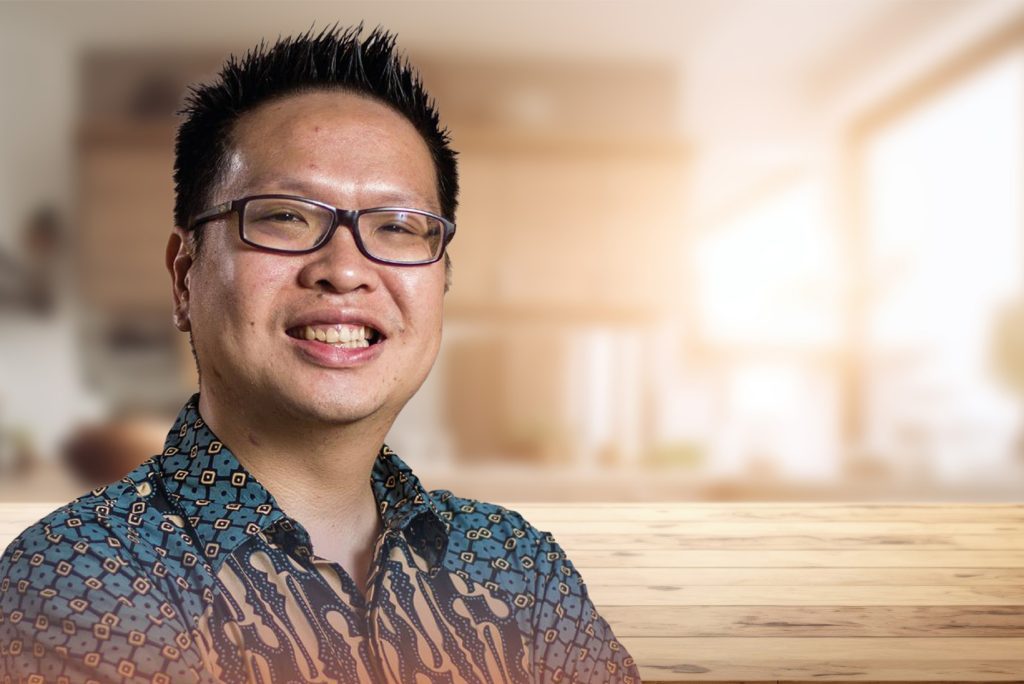May 27, 2024
Undoubtedly, Indonesia is undergoing a sizeable technology transformation – driven by a young, tech-savvy population and underpinned by significant investment in digital infrastructure.
The rise of mobile internet usage alone is a standout factor, with over 170 million internet users and a smartphone penetration rate exceeding 60%. Such connectivity has fuelled the growth of e-commerce, fintech and digital services.
For example, e-commerce giants like Tokopedia, Bukalapak and Shopee contiunue to revolutionise retail, making online shopping mainstream in the process.
Adjacent to this is a booming fintech sector, dominated by players such as GoPay, OVO and DANA – all leading the charge in digital payments and providing financial services to the unbanked population.
Government support has also been unwavering, evident through digital economy initiatives like Making Indonesia 4.0, designed to integrate advanced technologies into manufacturing and other key sectors.
Spending on infrastructure – such as the Palapa Ring project – have also helped improve internet accessibility across the archipelago, fostering regional economic growth as a result.
In other words, the direction of travel is clear. But is transformation at a national level translating into execution within the enterprise?
“Efficient, fast and safe,” explained Alfonsus Bram, CEO of ViBiCloud.

Three words that best capture the hearts and minds of businesses across Indonesia, a market motivated to innovate but bound by pragmatic realities.
“Efficient in the sense of optimising what already exists,” Bram said. “Fast to move with the unrelenting pace of technology. Safe in response to the rising cases of cyber security attacks in the country.”
A simple but salient assessment of a nation making significant strides in technology transformation yet bound by a caveat.
Amid a desire to do more with less – at speed and under a protective construct – organisations are evaluating the potential of artificial intelligence (AI) while drawing up cyber security strategies, both of which are descending from the boardroom down.
“AI and cyber security, these are the main issues in Indonesia today,” Bram confirmed.
According to Moxie Research – which surveyed 130 IT decision-makers in Indonesia during November 2023 – organisations will increase investment in key technology solutions during the next 6-12 months, spanning:
This is in the context of reducing business costs and improving efficiencies standing tall as the combined number one priority for the local market.
Such prioritisation is expected with organisations most challenged to meet company revenue targets (51%), ahead of meeting company profitability targets (47%) and more broadly, fighting against economic and societal pressures (46%).
“Data infrastructure and security rank as our top priorities in terms of responding to market needs, especially during the next 12 months,” Bram outlined. “Data has become the new currency at this time.”
According to Bram, data is paramount in AI deployments, serving as the foundation for training, validating and refining AI models.
AI algorithms learn from data with high-quality and diverse datasets enabling models to recognise patterns, make predictions and improve over time. The more relevant and extensive the data, the better AI will perform.
Beyond that, accurate data also helps ensure that AI systems produce reliable outputs – poor quality or biased data can lead to incorrect conclusions, thereby reducing trust in AI solutions alongside potentially breaching compliance and ethics standards.
Notably in Indonesia, personalisation is equally crucial in customer service applications, with data allowing AI to tailor interactions to improve user experience and satisfaction levels.
“We have built a data analytics showcase and data visualisation offering so that data can be used and processed using AI,” Bram outlined.
“But we must also help protect data from a security point of view. We have a Security Operations Centre [SOC] solution supported by an Emergency Security Team – when a customer or non-customer requires help because of an incident such as a hacking or ransomware attack, then we can help with recovery efforts.”
Headquartered in Jakarta, ViBiCloud goes to market as a managed service provider (MSP) with a specialised focus on IT infrastructure, cloud, data, AI, cyber security and modern work. Key customers include Commonwealth Bank, Bina Nusantara University, Cinepolis and Opsigo among others.
The business – which was recognised as Microsoft Indonesia Partner of the Year in 2019 – engages with executive principals to create a solution framework spanning IT infrastructure, data and security environments:
This approach is addressed through vendor alliances with Microsoft, Amazon Web Services (AWS), Huawei and Alibaba Cloud, in addition to specialist providers such as Snowflake, Cyfirma and Portworx.
“The market need for efficiency solutions is still one of the biggest opportunities,” Bram added.
“Outsourcing is related to efficiency because customers want to focus on their business. This is no longer a case of moving human resources to another company, rather a focus on measuring service performance. We support that need by providing best-in-class service-level agreement [SLA] services.”
As outlined via Moxie Research, outsourcing engagement is evolving at pace across Indonesia with organisations now:
To achieve SLA supremacy in a crowded market, ViBiCloud leverages an internal learning management system designed to enhance employee personal development. In addition to providing self-development content, the company also works with staff to develop “hard skills”.
The jewel in the crown is ‘Rumah Development’ however, translated from Bahasa to English as ‘House of Development’.
“This is our talent program which collaborates with many universities in Indonesia, especially outside the capital or surrounding cities to create talent and distribute it,” Bram stated. “This means individuals can have more experience and become experts in responding to market needs.”
Inform your opinion with executive guidance, in-depth analysis and business commentary.